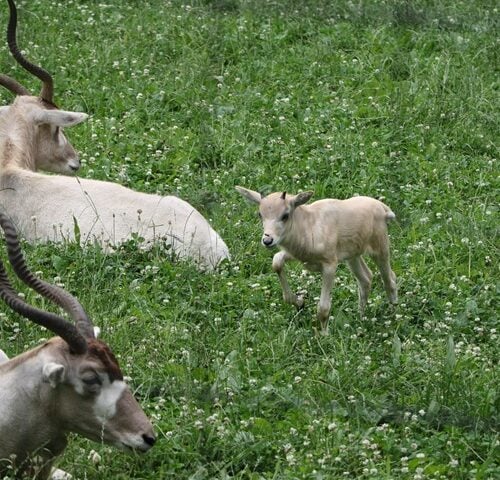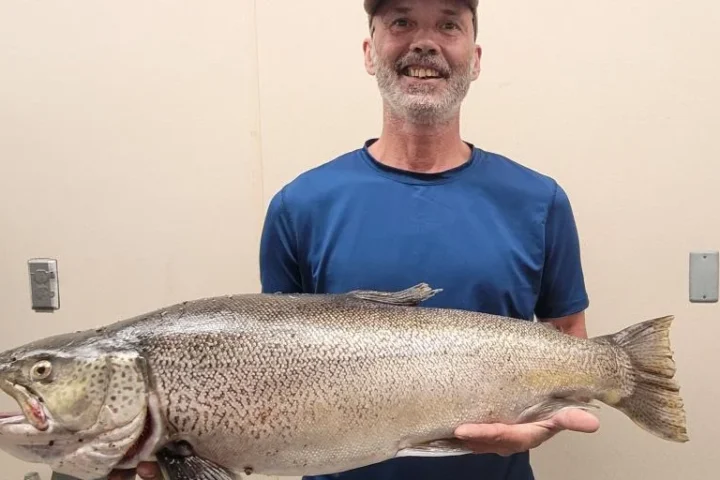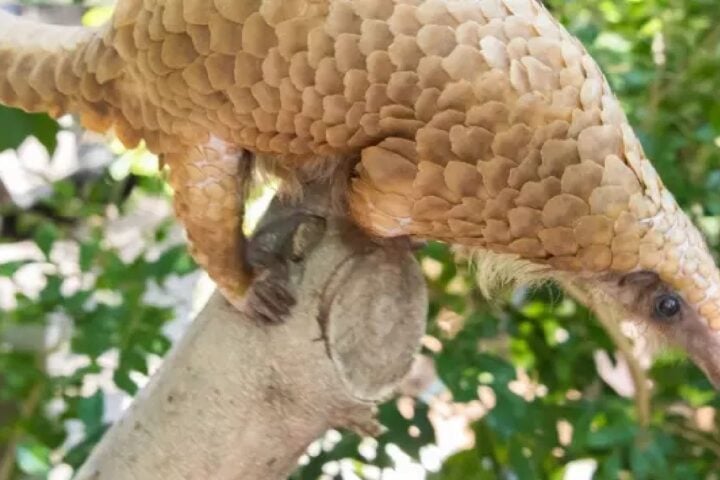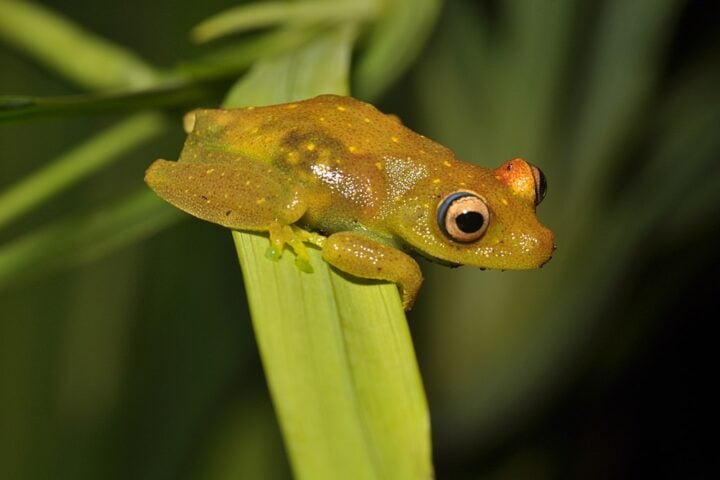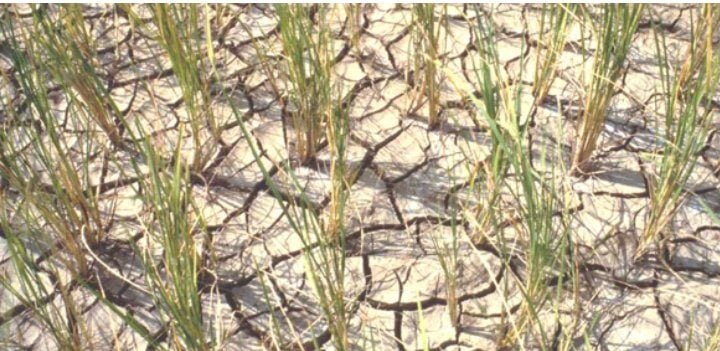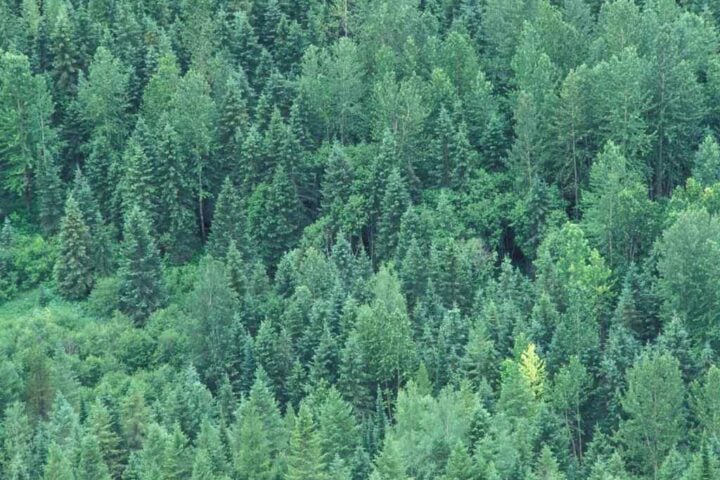SpaceX’s recent Super Heavy booster test, which saw 31 of the 33 engines ignite simultaneously in what might be the most powerful rocket ignition to date, had an unexpected outcome. Video footage showed a plume of birds fanning and falling out near the booster’s fiery trenches. The location of SpaceX’s Starbase campus in Boca Chica, Texas is next to a wildlife refuge home to endangered species of birds, leading conservationists to argue that the company may be causing harm to the local wildlife. The Federal Aviation Administration (FAA) had previously told SpaceX to make significant changes to its Starbase expansion plans in an environmental impact assessment, and is still awaiting approval before starship can launch.
The FAA representative stated that the Boca Chica Starbase is not licensed by the agency and that the engine test was not a FAA-licensed activity. Futurism reached out to SpaceX for comment, but given Elon Musk’s attitude of not asking for permission, it is unclear whether the impact on local wildlife will delay the approval process further.
Part of the FAA’s concern involves the impact of testing on the local ecology, as the Starbase site is adjacent to the Las Palomas Wildlife Management Area. The video of the test showed flocks of birds startling into flight as the booster fired, and the power of the 31 engines also caused loose chunks of the Texas landscape to fall back to Earth.
Elon Musk tweeted that even though one engine shut down during the test, there were still enough engines to reach orbit. He estimates that the first orbital test flight could occur as soon as March if the test analysis and remaining preparations go well. NASA is counting on starship to ferry astronauts to the moon in the coming years and eventually, Musk wants to use the Starships to send crowds to Mars. The first-stage Super Heavy booster stands at 230 feet tall and is capable of generating 17 million pounds of liftoff thrust, almost double that of NASA’s moon rocket.
- Jenny Mollen Lost 25% Blood After Weight Loss Drug Microdosing Triggers ER Emergency
- Dubai Air Taxis to Slash 45-Minute Airport Commutes to Just 12 Minutes by 2026
- Vancouver Transit Fares Rise 4% July 1—Single‑Zone $3.35, Three‑Zone Hits $6.60
- Air India Crash: Sabotage Angle Officially Probed in ‘One in a Billion’ Dual Engine Failure
- New Ovarian Cancer Drug Combo Shows 42% Response Rate vs 16% with Standard Therapy
While the Super Heavy booster test was successful, the unexpected outcome of birds being disturbed highlights the potential impact of testing on the local ecology. The FAA must grant a license to fly before the full starship stack can lift off, and the impact on the local wildlife may play a role in the approval process.
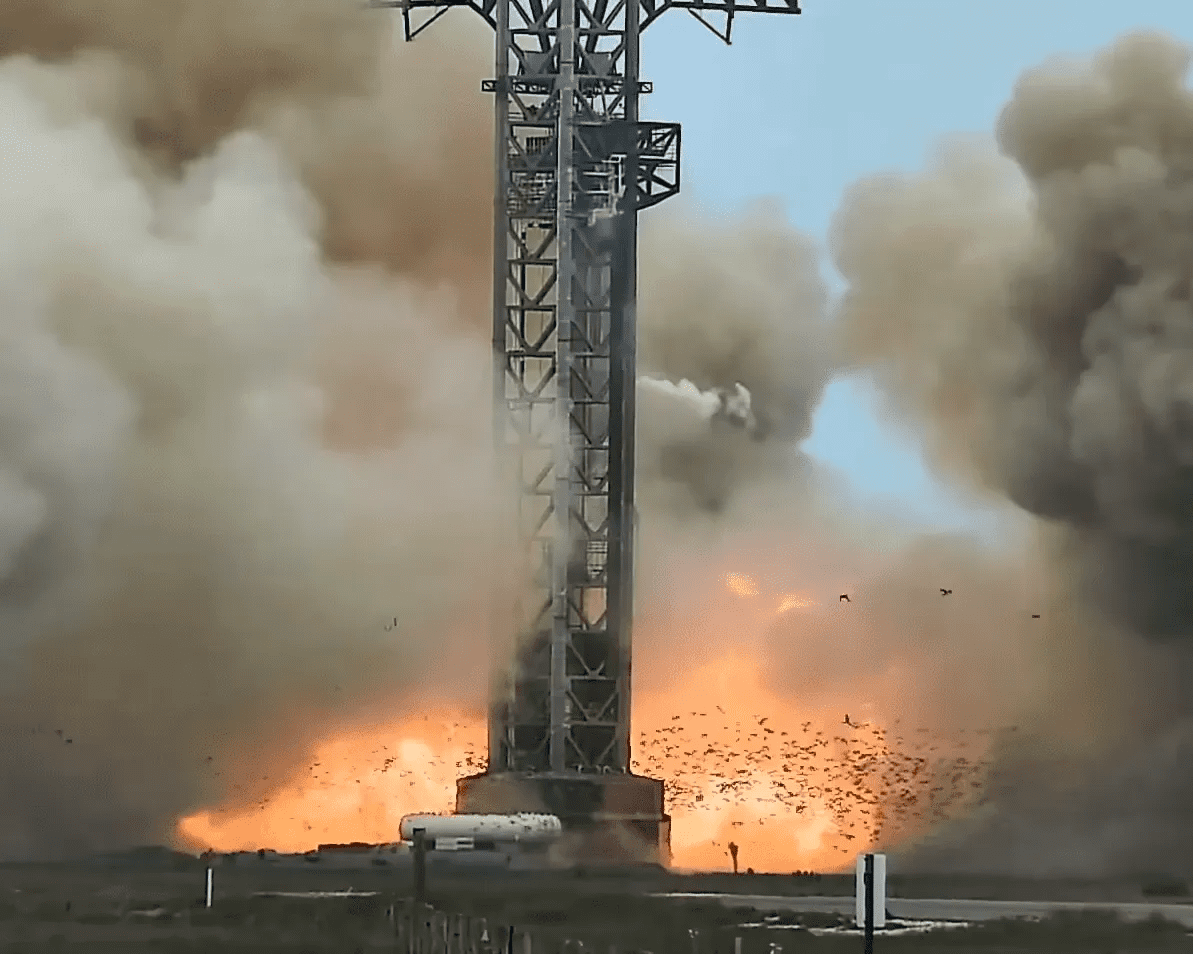

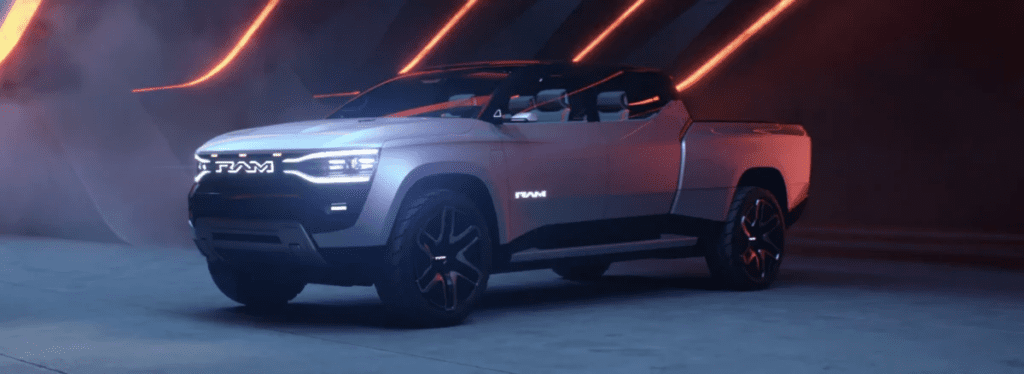
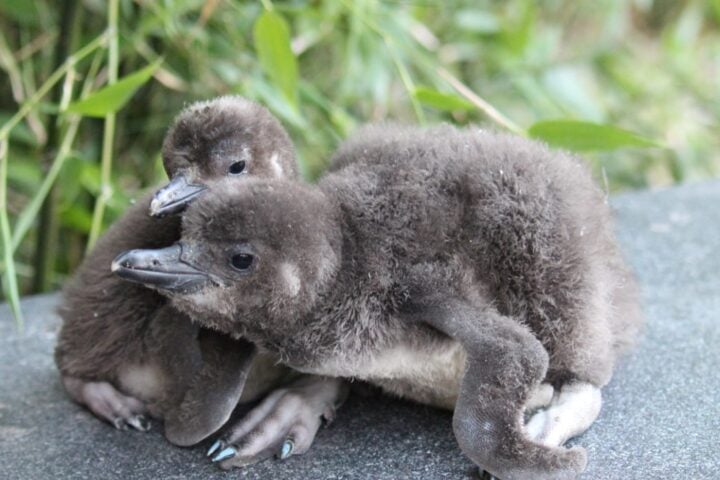
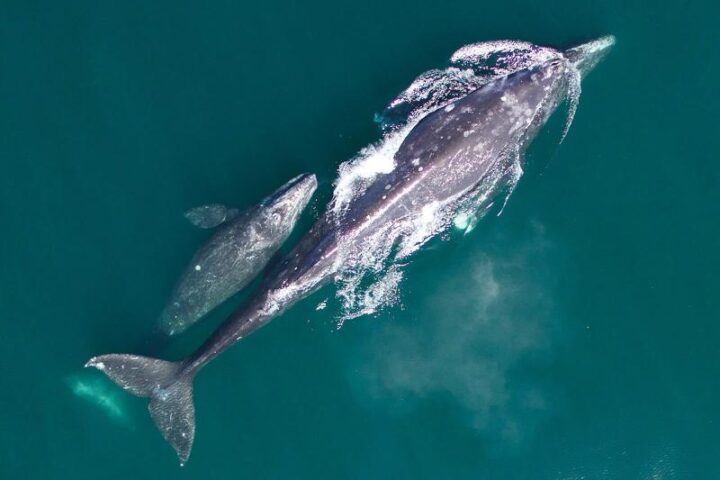
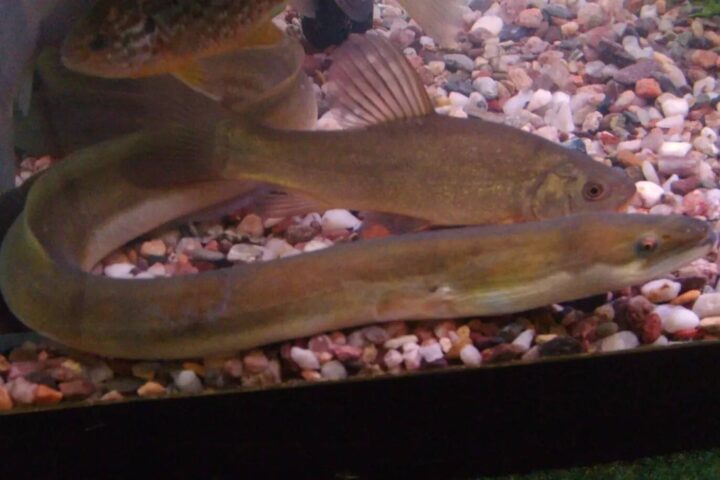
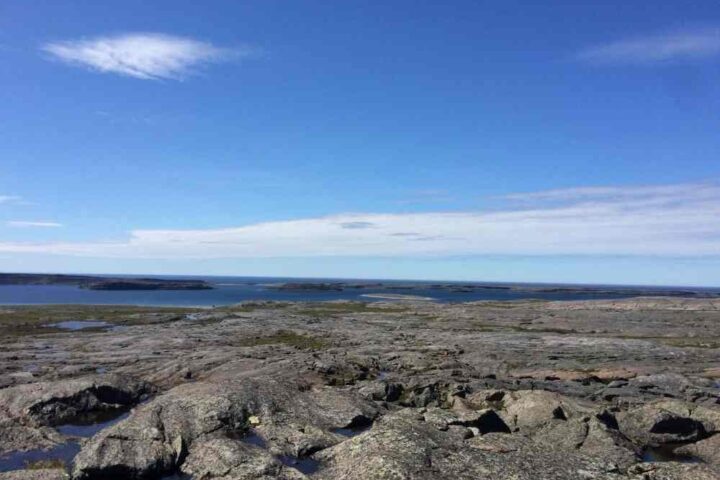
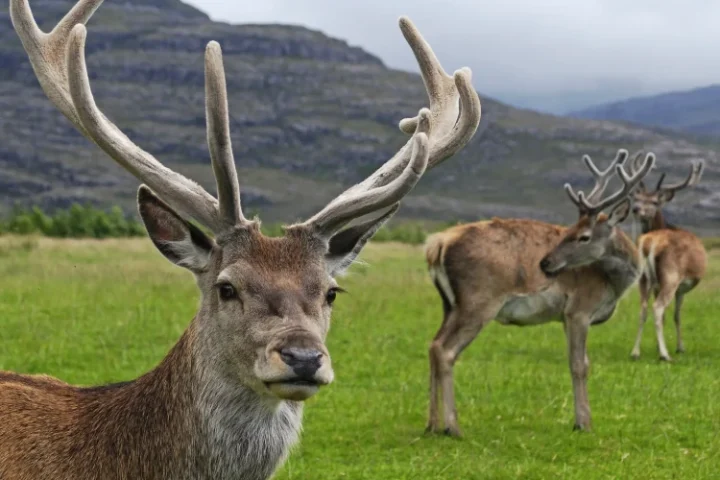
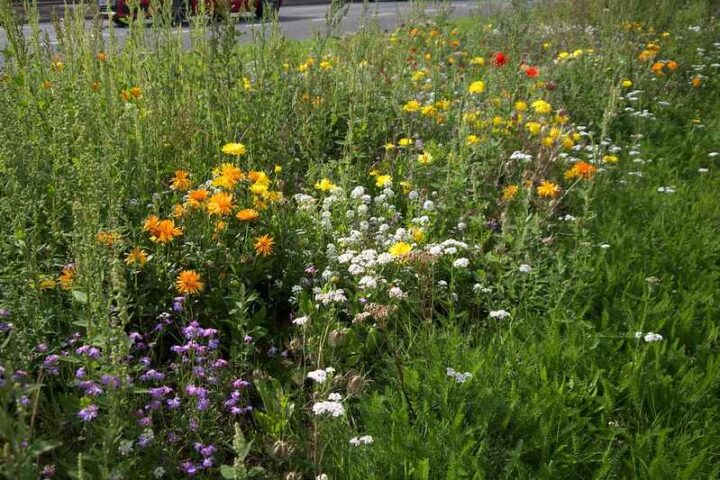
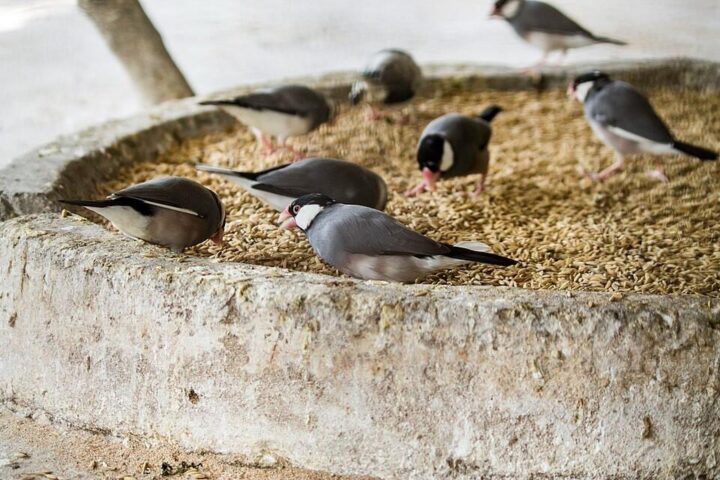
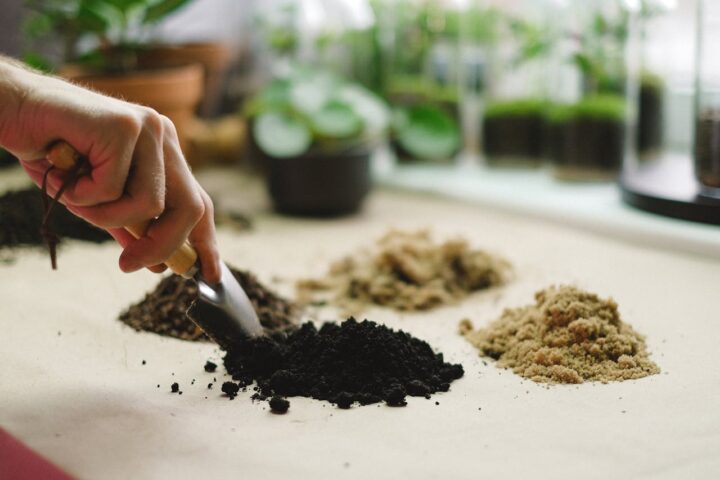
![A male [[Great white shark]] off [[Isla Guadalupe]], [[Mexico]]. Along with many [[Mackerel scad|Mackarel scads]] seen in the background. Photo Source- Terry Goss (CC BY-SA 3.0)](https://www.karmactive.com/wp-content/uploads/2025/06/White_shark-720x480.jpg)
